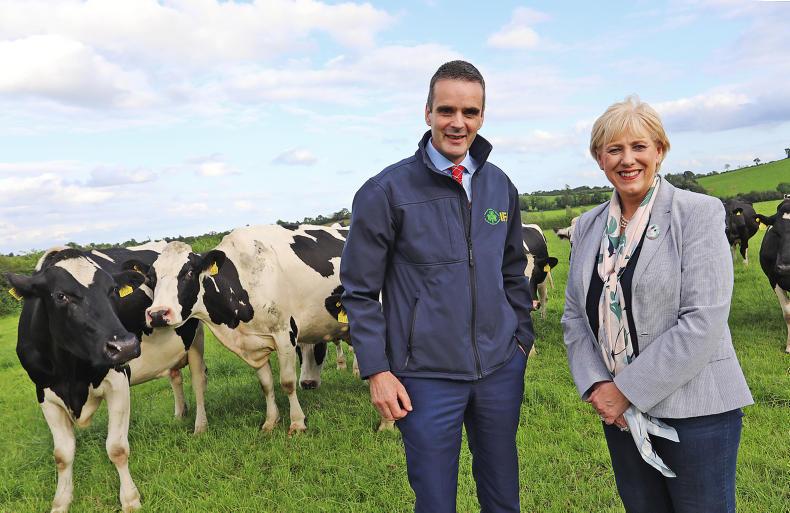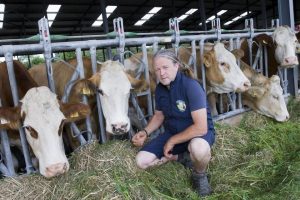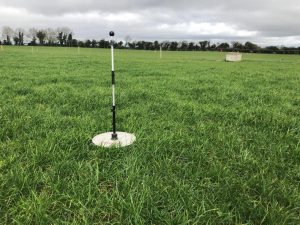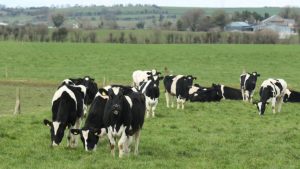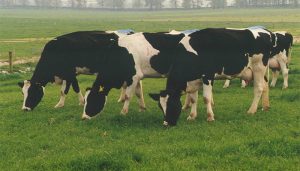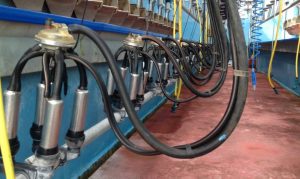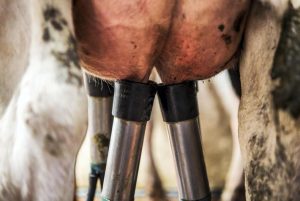
Some 400 extra permits for non-EEA workers have been granted for the agri-food sector by the Department of Business, Enterprise and Innovation.
The dairy sector will receive 100 work permits and the meat industry will receive 300 work permits for meat deboners.
The pilot scheme for non-EEA workers was introduced last year. The IFA called for a new allocation of permits following confirmation farmers had filled their quota of 50 initial work permits.
Meat factories already had their initial number of work permits expanded from 250 last May to 1,500 for meat processing operatives.
The 300 permits announced today for factories are specifically for skilled knifemen/boners.
Joe Ryan of Meat Industry Ireland (MII) said “we welcome the extension of this existing Skilled Knifemen / Boner permit facility.
“These permits are of crucial importance to the sector. Over the past 24 months, due to the Irish economy moving to full employment and the continued economic growth of European economies, it has become increasingly challenging to recruit for unfilled vacancies in the meat processing sector.”
Labour shortages
“As we approach full employment, labour shortages at the lower-skilled end of the jobs market are becoming apparent in some sectors,” Minister for Business, Enterprise, and Innovation Heather Humphreys said.
“This has the potential to constrict growth if these needs are not met.
“The dairy sector is particularly affected in the immediate term so, following consideration of a detailed, evidence-based case prepared by the sector, I have approved an extension to the current pilot scheme.”
The minimum salary for a dairy worker under the permit scheme is €22,000, while meat deboners must receive a minimum of €27,500.
The employer must also provide suitable accommodation and, where required, language classes.
Reaction
Welcoming today the announcement by Minister for Business, the IFA said the same approach was now needed for the pig and poultry sector, which are experiencing the same recruitment difficulties.
“It is important that some of the details of the scheme be reviewed to make it more flexible and a better fit for farmers, who in many cases are first-time employers, without access to HR departments or consultants. First of all, those who have applied in recent months must retain their place in the queue and not have to reapply for this new batch of permits,” IFA president Joe Healy said, calling for “prompt processing and greater feedback during the application process” for work permits.
